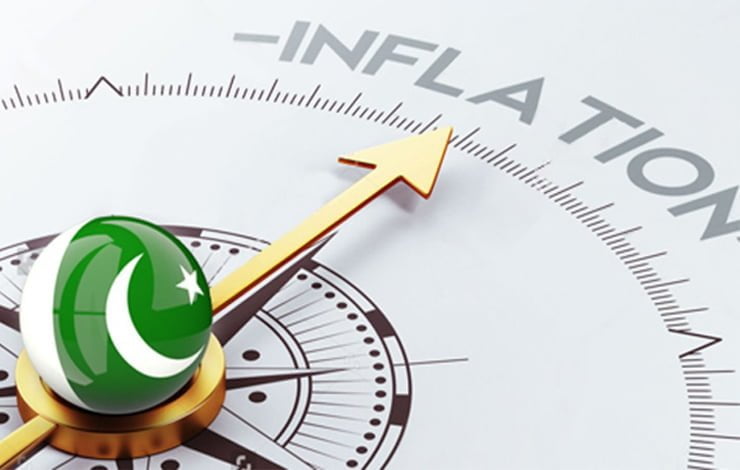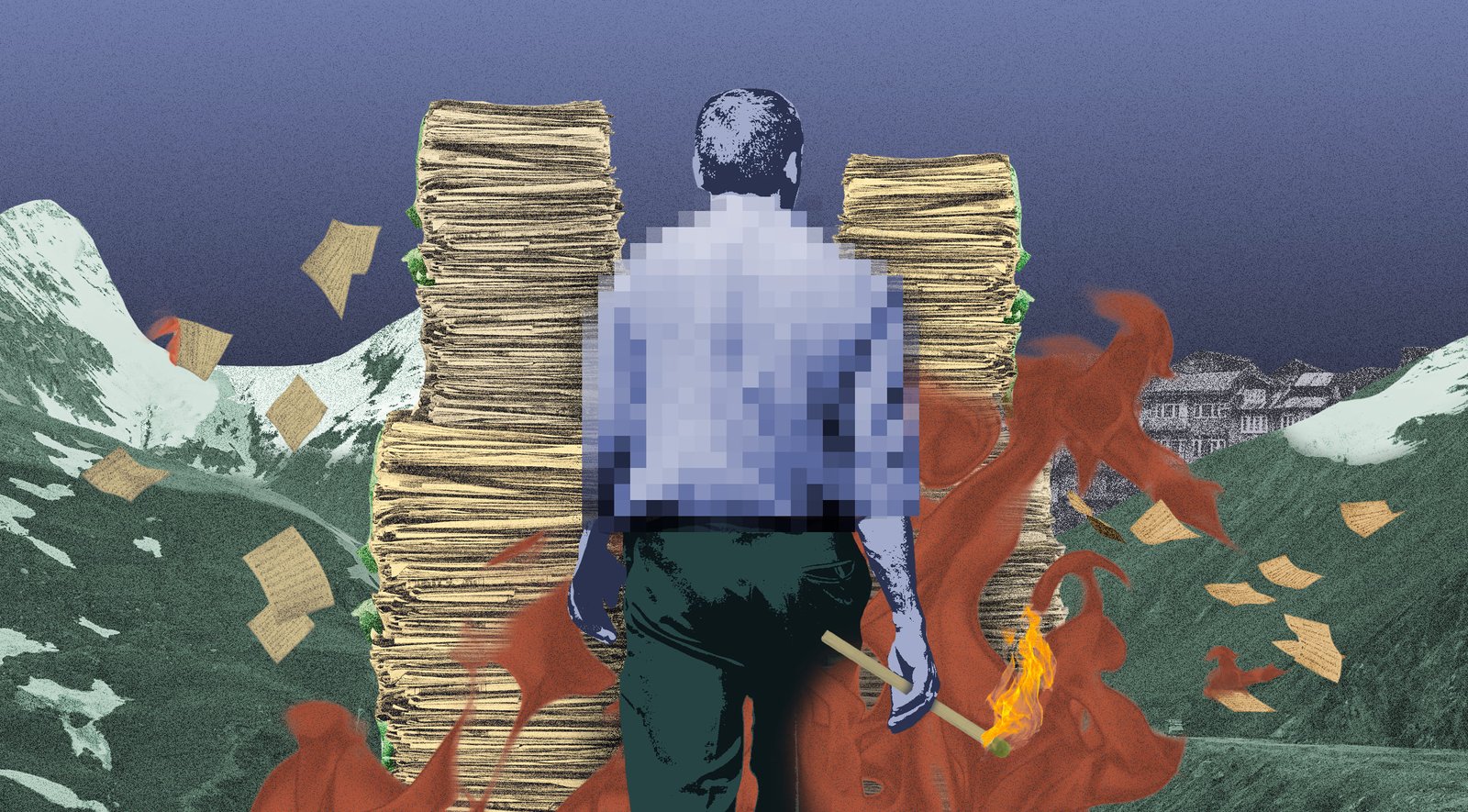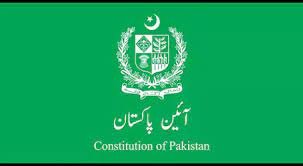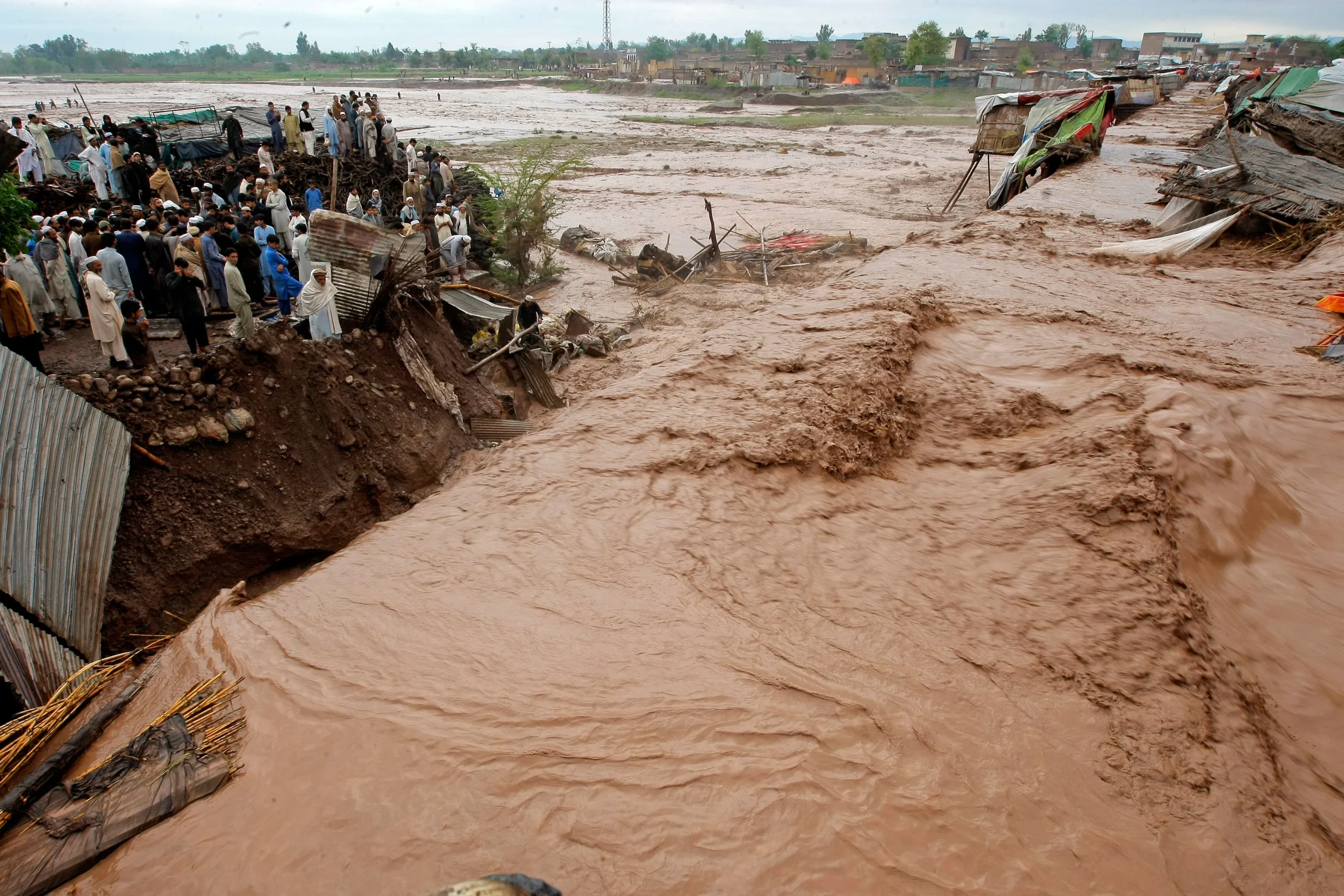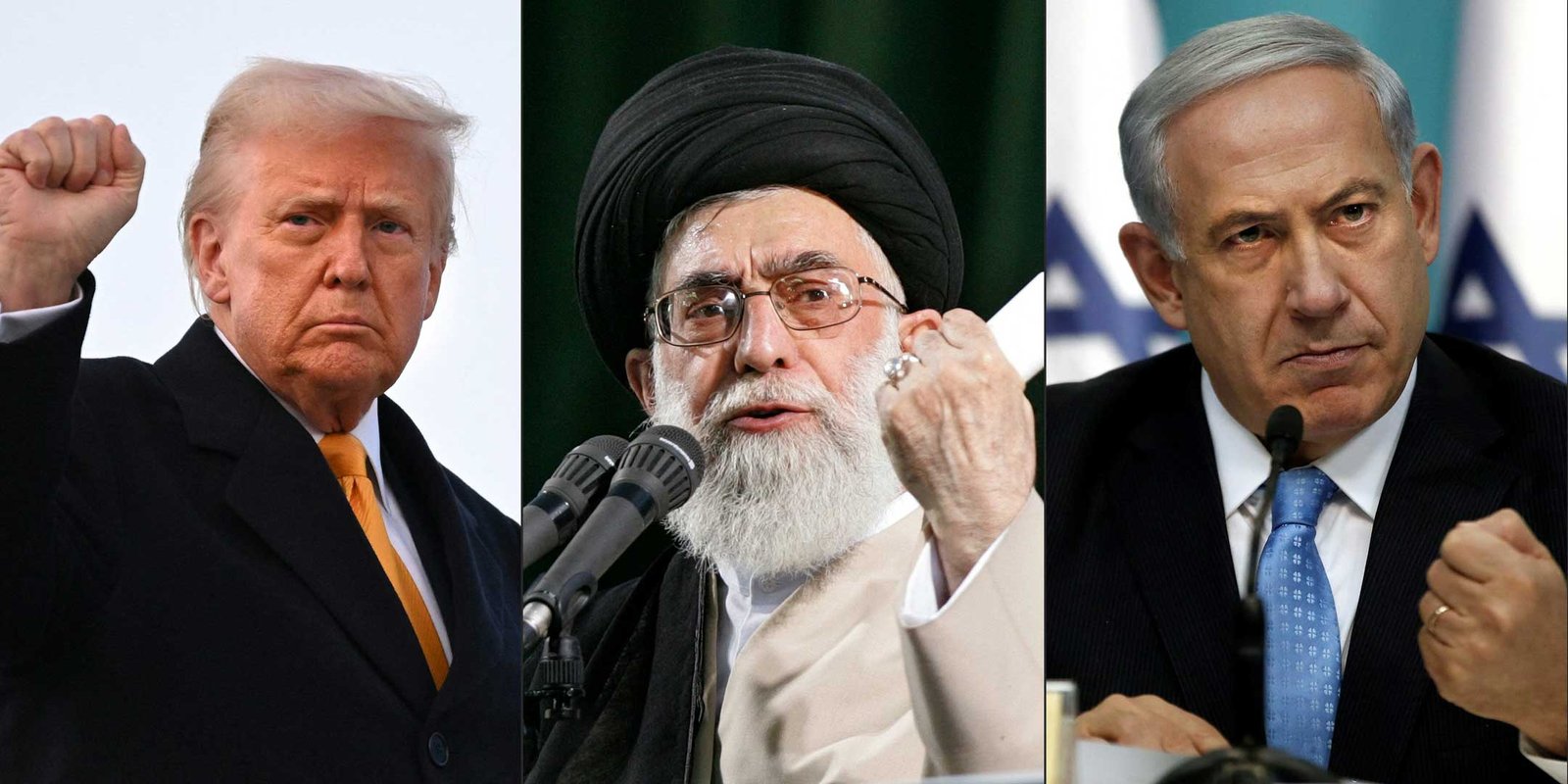EDITORIAL
Pakistan is facing a dire economic crisis, with a shrinking economy, skyrocketing inflation, and dwindling reserves. Analysts predict that the country may suffer the same fate as Sri Lanka with a debt default on the horizon. The country’s reserves have declined by half and the rupee has lost 24% of its value against the dollar, leaving the middle class struggling with rising food and fuel prices.
The IMF’s latest bailout package is still under review, and while the international community has pledged $9 billion to aid in recovery from last year’s floods, much more is needed to overcome the crisis. The government must implement overdue reforms to promote economic growth and reduce reliance on imports. The best course of action would be to liberalize trade through technical assistance to the export sector.
Tax reform is equally critical, as current tax collection rates are insufficient for debt servicing. The sales tax is the largest contributor to the national tax revenue, while the agricultural sector, which contributes over 20% to the national GDP, is under-taxed. Many individuals earning above the minimum exemption level don’t file taxes, leaving the burden on the poor through indirect taxes.
Attempts to broaden the tax base have been nonexistent due to political sensitivity. The government must reassess its priorities and determine if protecting the interests of the wealthy is worth the collapse of the economy. Without this critical evaluation, the country may never recover.
Pakistan is facing significant economic challenges, including a shrinking economy, rising inflation, and declining reserves. To overcome this crisis, the government must implement structural reforms to encourage economic activity and reduce reliance on imports. This can be achieved by liberalizing trade through technical assistance to the export sector and implementing large-scale tax reform.
The international community has already pledged $9 billion to aid in the recovery from last year’s floods, but more is needed to overcome the crisis. The IMF’s latest bailout package is still under review, and the government must take action to implement the necessary reforms to avoid a debt default. The future of the economy rests on the government’s ability to make difficult decisions and reassess its priorities for the benefit of the country.
To sum up, Pakistan is facing a critical economic situation that threatens its stability. The government must act urgently to implement necessary reforms, including trade liberalization, tax reform, and expanding the tax base, in order to overcome this crisis. It is also important for the government to reassess its priorities and adhere to the conditions set forth in the IMF’s latest bailout package. By taking these measures, the government can spur economic growth, promote transparency, and secure a more prosperous future for the country. The outcome of the crisis largely depends on the government’s willingness to make tough choices and prioritize the well-being of the nation over personal or political interests.
Read more:



